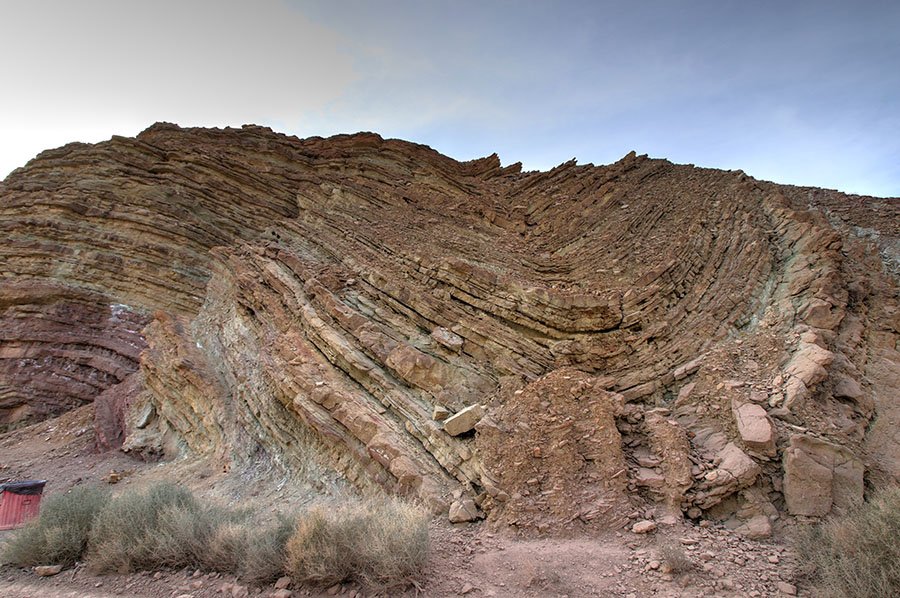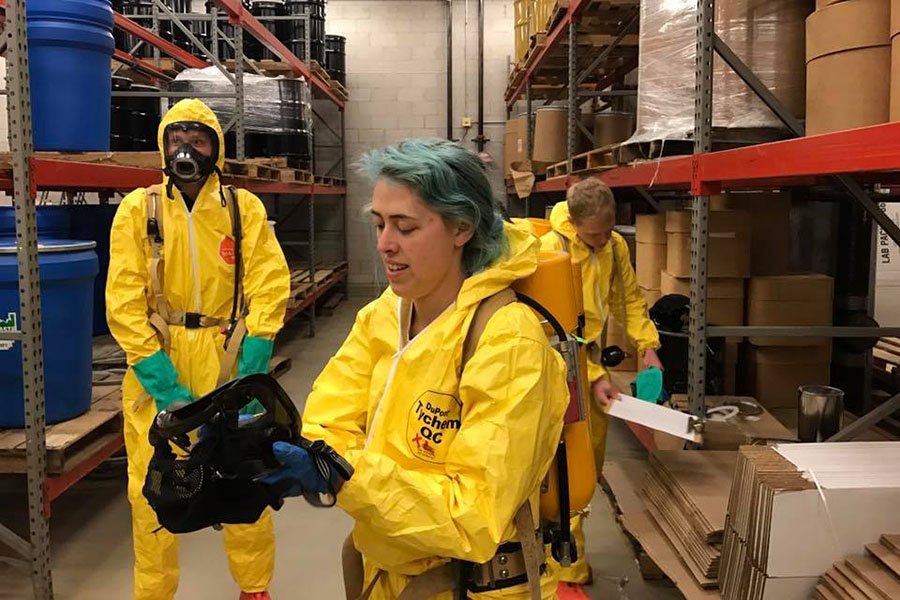About the Earth Sciences Major
Earth Sciences is the study of the earth, its processes, and its history. Earth Science covers a multitude of subdisciplines, including, but not limited to: geophysics, geobiology, geochemistry, hydrogeology, limnology, mineral physics, mineralogy, paleontology, petrology, rock and mineral magnetism, seismology, and structural geology and tectonics.
Earth scientists study natural hazards, climate and environmental change, groundwater, lakes, oceans, earthquakes, volcanoes, tectonics, minerals, fossils, soils, sediments, and rocks.

Why choose an Earth Sciences Major?
"In my future, I hope to become more involved in groundwater remediation. Helping with groundwater quality because I really care about the earth and our environment..."
—Sally Nguyen, Earth Sciences Major
What You'll Study
Students will use tools from physics, chemistry, biology, mathematics, and data science to build quantitative understandings of how the earth system works, how it evolved to its current state, and the natural and anthropogenic changes that are now constantly taking place.
This interdisciplinary program provides students with a strong foundation in mathematics, physics, chemistry, geology, and geophysics, while allowing them more flexibility with elective courses and interests.
Students are encouraged to choose elective courses to meet their interests and prepare for a successful career. Students may choose a broad-based curriculum (taking electives across a wide range of topics) or instead focus on one specialty area of Earth Sciences (taking electives related to a particular theme).
Career Opportunities

Earth Science graduates could pursue careers in:
- Civil engineering
- Economic geology
- Environmental
- Government agencies
- Mineral energy
- Mining
- Oil/petroleum
- Paleontology
- Physiography
- Structural/subsurface geology
- Text and map publishers